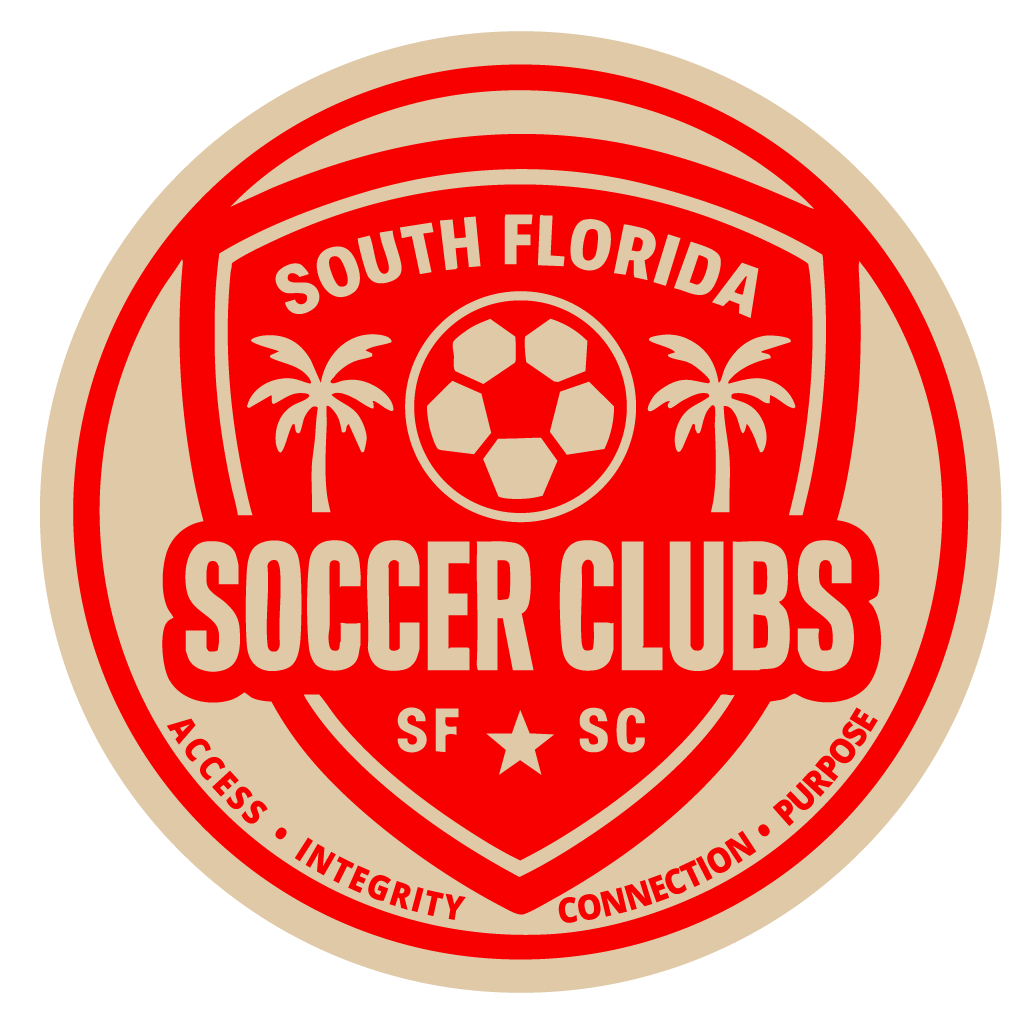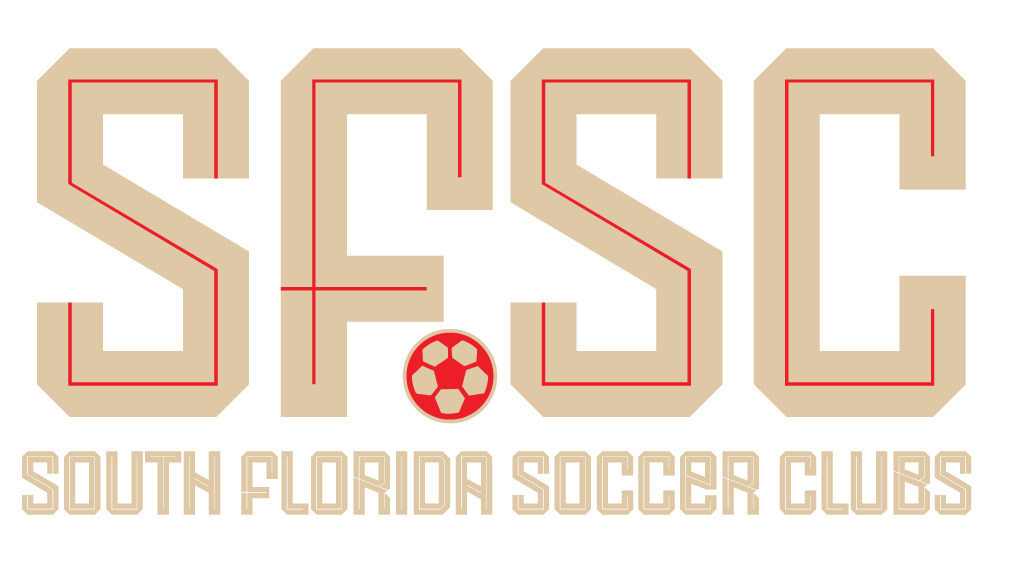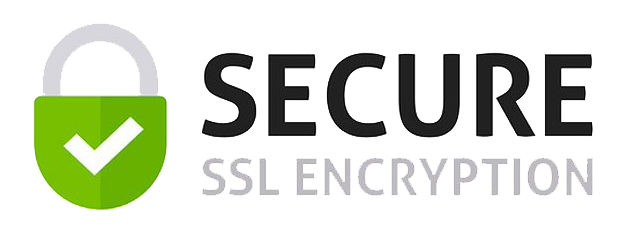Player Evaluations in Youth Soccer:
Why They Matter and How to Run Them Effectively
In youth soccer, development goes far beyond goals and trophies. Every training session teaches children teamwork, perseverance, and discipline.
Yet, in many clubs, parents often wonder: How is my child really progressing?
That’s where player evaluations come in. Just as schools assess students’ academic growth, soccer clubs and academies can (and should) evaluate players’ technical, tactical, physical, and mental development.
Regular evaluations not only guide players toward improvement but also build accountability and trust between clubs, coaches, and parents.
A good evaluation looks beyond talent, it focuses on development potential.
Here’s a framework used in top European academies:
| Area | Key Elements | Example Questions |
|---|---|---|
| Technical | Ball control, passing, dribbling, shooting | How consistent is the player's first touch? |
| Tactical | Positioning, decision-making, awareness | Does the player understand spacing and transitions? |
| Physical | Speed, agility, endurance, coordination | How does the player's athleticism affect performance? |
| Psychological | Confidence, focus, discipline | Does the player stay composed under pressure? |
| Social / Teamwork | Leadership, respect, communication | How well does the player support teammates? |
| Overall Growth | Attitude, consistency, effort | Is the player coachable and motivated? |
Each area should be rated (e.g., 1–5 scale) and supported with specific comments and examples.
How Clubs Can Implement a Successful Evaluation System.
Establish a Schedule:
Conduct evaluations at least twice per season, mid-season and end-of-season.
Use a Standardized Form:
Create a consistent template for all coaches. Keep it clear and easy to understand for players and parents.
Train Coaches to Evaluate Fairly:
Provide guidelines to ensure consistency and objectivity across all age groups.
Share Results Thoughtfully:
Hold brief meetings (in person or virtual) to discuss the evaluation with parents and players. Emphasize growth over comparison. Encourage two-way dialogue.
Create an Action Plan:
End every evaluation with “Next Steps”, specific goals for the player to focus on until the next review.
Track Progress Year Over Year:
Keep evaluations on record to identify long-term trends and improvements.
Benefits for the Club
Implementing player evaluations is not just a “nice touch.” It’s a strategic advantage:
- Enhances the club’s image as a professional, development-focused academy.
- Improves retention, parents and players feel seen and valued.
- Attracts new talent , families prefer clubs that invest in individual growth.
- Strengthens internal coaching standards through reflection and accountability.
In short, evaluations make the club stronger, more respected, and more trusted.
Message for Parents
If your child’s club doesn’t currently provide evaluations, it’s worth starting the conversation.
Ask coaches:
- How do you track individual player progress?
- Do you provide written or verbal feedback during the year?
- Are there opportunities to discuss development goals?
Constructive, respectful dialogue can encourage clubs to adopt a more transparent, development-driven approach, benefiting all families involved.







